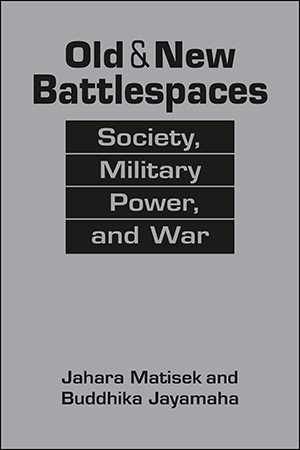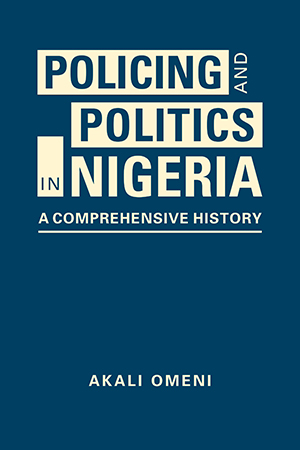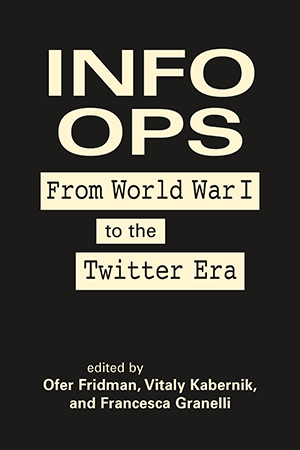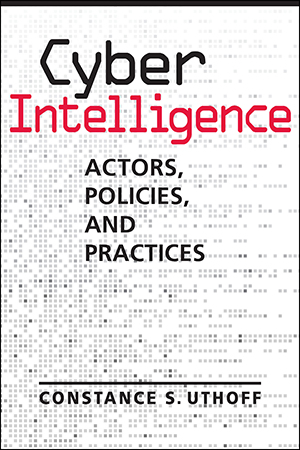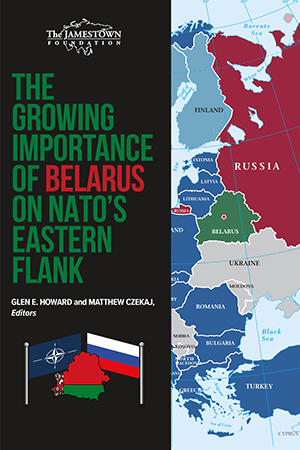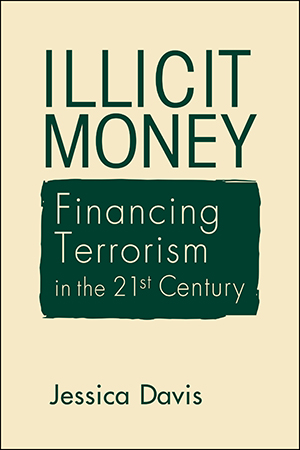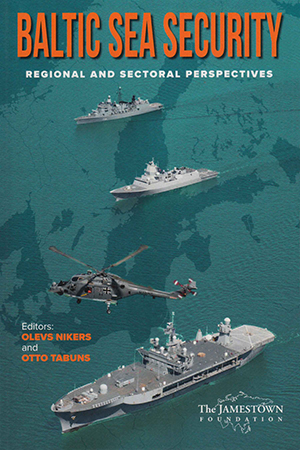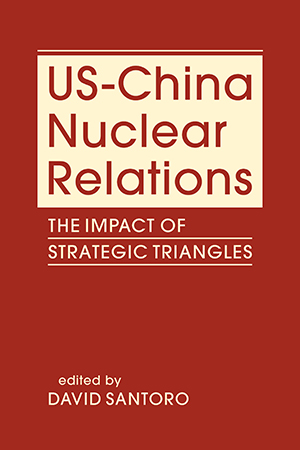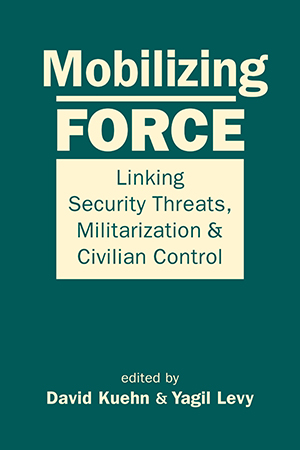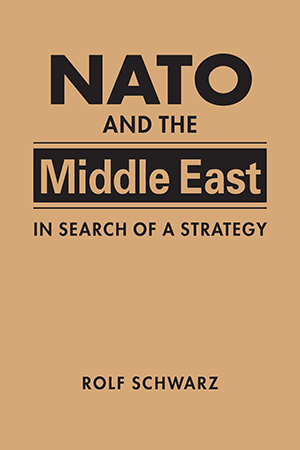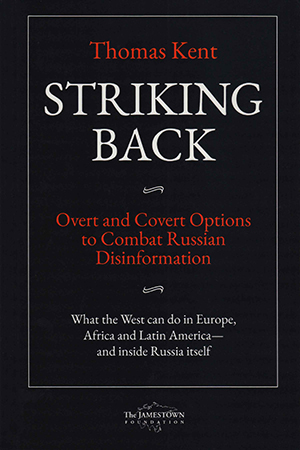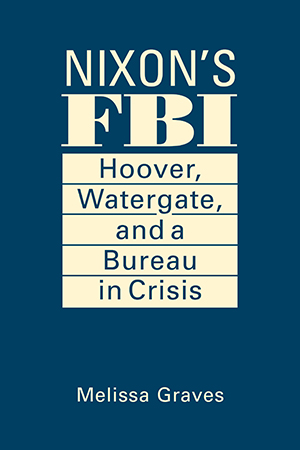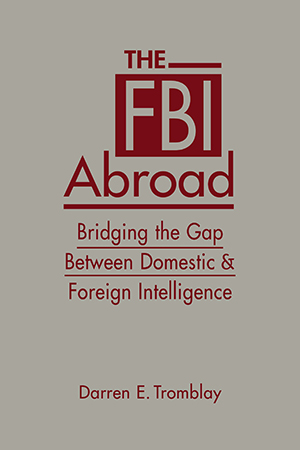Security and Intelligence Studies
Once impassable and inhospitable, both the Arctic region and Antarctica are rapidly emerging as geopolitically strategic hot spots. As Ryan Burke writes in The Polar Pivot, the ice is More >
War is changing. The cybersphere, civil society, outer space ... all are emerging as domains in which battles are fought. What drives this shift? How is it affecting the character and More >
Close to the center of politics since the nineteenth century, the Nigeria Police Force (NPF) has grown to become the country’s main security agency. Akali Omeni traces the checkered More >
Since antiquity, information has been used in conflict—to deceive, to demoralize, to sow fear among enemy troops. Not until the twentieth century, though, did information operations More >
US national security compromised by Wikileaks. Towns held hostage by ransomware. Corporate websites hacked. Cyber espionage and cybercrimes are increasing in both frequency and More >
The widely misunderstood country of Belarus, squeezed both literally and geopolitically between Russia and the West, was typically overlooked by post–Cold War military More >
Terrorists need money ... to recruit and train people, to buy weapons, to maintain safe houses, to carry out attacks. Which raises the question: how do they procure and protect funds to More >
Baltic Sea Security offers a multifaceted discussion of the complex security issues affecting the Baltic region—with important implications for the cohesion of the wider transatlantic More >
As a provider of vital infrastructure and technology, the private sector has become an essential contributor to US national security—and the target of hackers and terrorists. Darren More >
Though China remains a relatively weak nuclear power, it has in recent years become central to US strategic policymaking. What explains this shift? How is the US-China strategic nuclear More >
What leads a democratic government to use military force to counter a domestic or external threat? How does it legitimize this mobilization to its citizenry? And what is the significance for More >
Over the course of more than seven decades, NATO has sought, but not settled on, an effective strategy for interacting with its neighbors in the Middle East and North Africa. Rolf Schwarz More >
Energizing the debate on how best to expose and deal with Russian propaganda and disinformation, Thomas Kent goes beyond suggesting simple defensive measures. Kent not only calls for more More >
Polly Corrigan Book Prize Finalist! In 1974, Richard Nixon resigned in disgrace. In 2020, Donald Trump was impeached. Both were investigated by the FBI, an agency under their control. How More >
How is it that the FBI, a domestic intelligence agency, operates beyond the US borders? What role does the bureau play in emerging democracies? In what ways does it contribute to US More >



